Biochemical pregnancy
Biochemical pregnancy is a spontaneous interruption of gestation at the stage of implantation of the fertilized egg into the uterine wall. The essence of the phenomenon is the absence of any visible changes in the woman's body - toxicosis, bleeding, nagging abdominal pain, etc. The fact of a short-term pregnancy can only be confirmed by conducting tests for hormone levels.

specialists

equipment

treatment
Conclusion
A spontaneous abortion in the early stages of gestation can be caused by autoimmune disorders, blood diseases and genetic abnormalities of the embryo. A biochemical pregnancy does not manifest itself in any way, so most women do not even suspect its occurrence and termination. A single spontaneous miscarriage does not indicate the development of pathologies and does not create obstacles to repeated conception and bearing of the fetus.
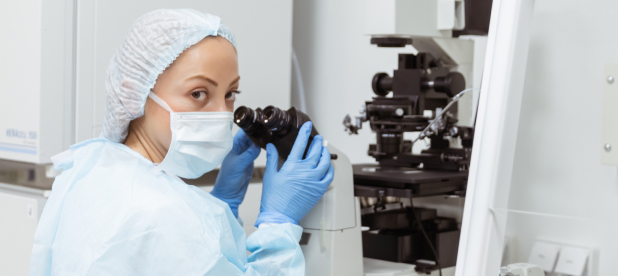
Our doctors

This award is given to clinics with the highest ratings according to user ratings, a large number of requests from this site, and in the absence of critical violations.

This award is given to clinics with the highest ratings according to user ratings. It means that the place is known, loved, and definitely worth visiting.

The ProDoctors portal collected 500 thousand reviews, compiled a rating of doctors based on them and awarded the best. We are proud that our doctors are among those awarded.
Make an appointment at a convenient time on the nearest date
Price







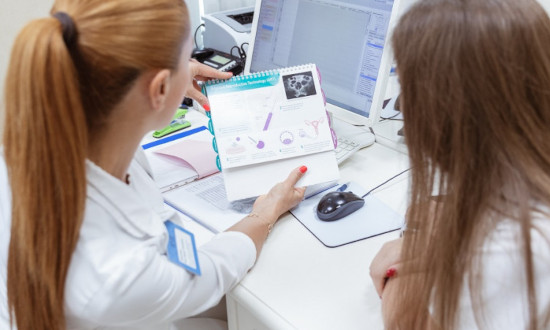
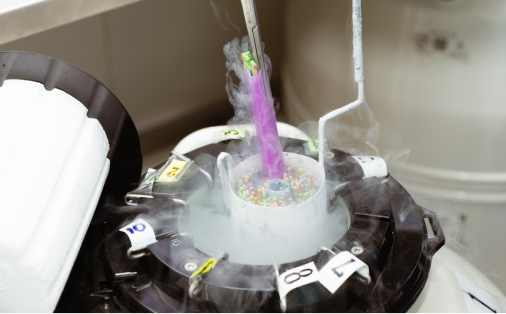
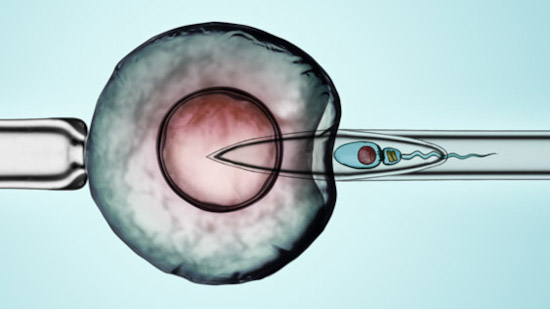










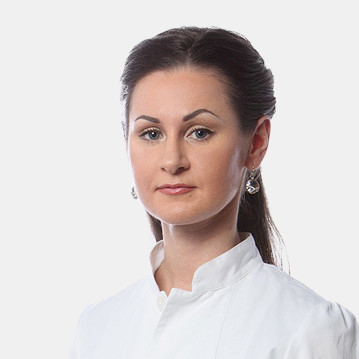






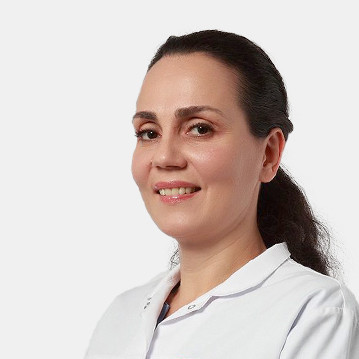




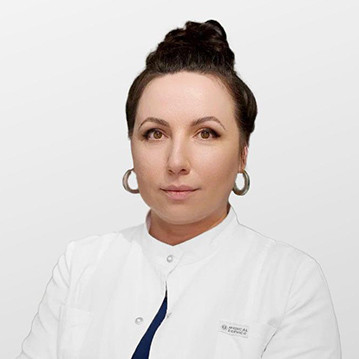



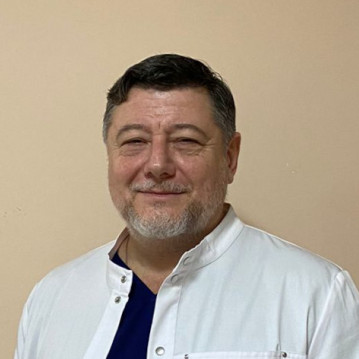












What is a chemical pregnancy?
The process of embryo development in the reproductive organs of a woman begins at the moment of fusion of the nuclei of the sperm and oocyte (egg) and its subsequent implantation into the wall of the uterus. Through the endometrial mucosa, the fertilized egg receives from the mother's body all the nutrients necessary for its further development.
In some cases, gestation is interrupted almost immediately after implantation of the embryo. According to medical terminology, this condition is called preclinical spontaneous miscarriage (PSM). Rejection of the fertilized oocyte occurs in the first 10-14 days after conception. Due to the practical absence of changes in the functioning of the reproductive and endocrine systems, gestation is not diagnosed in any way.